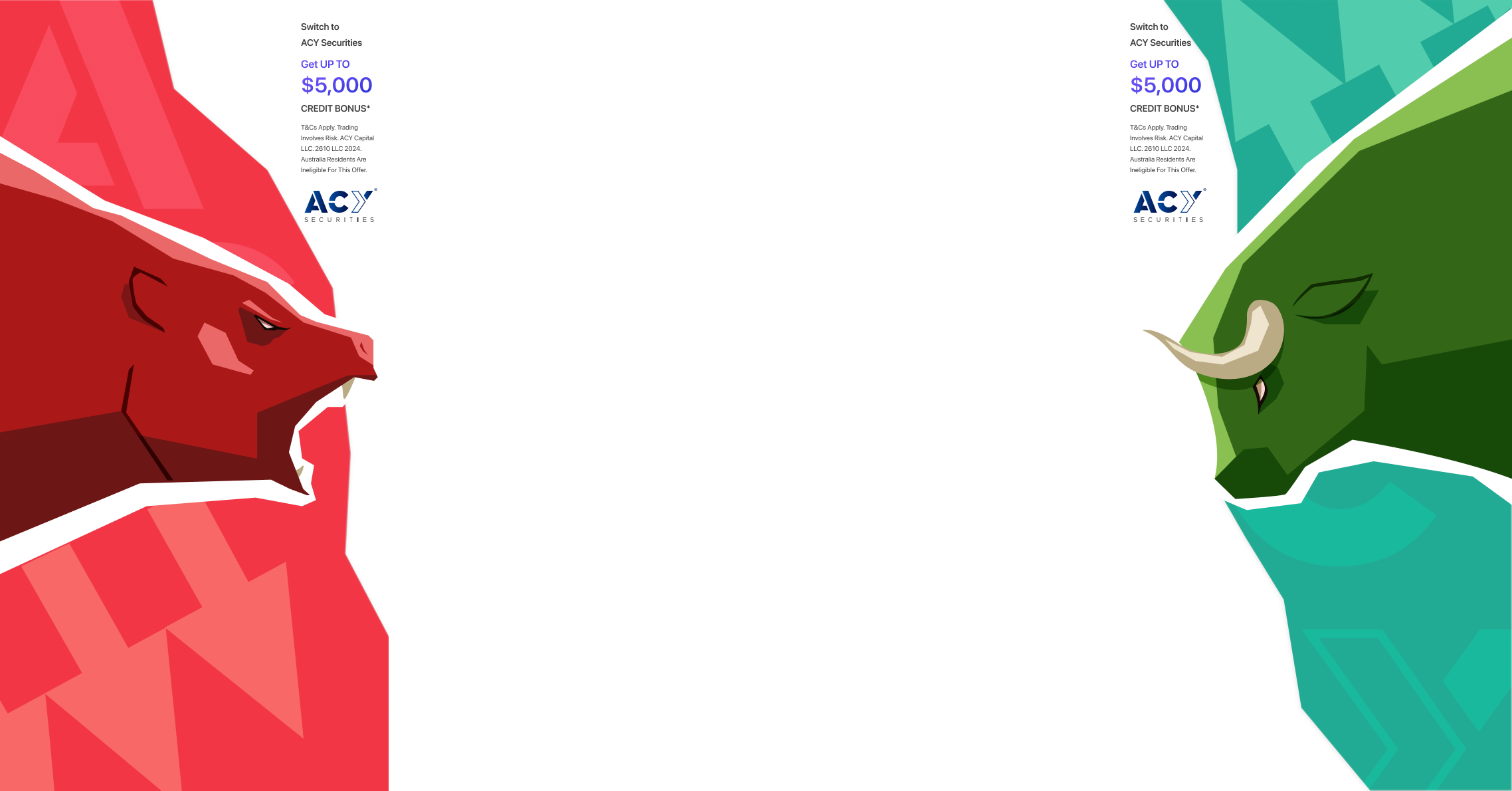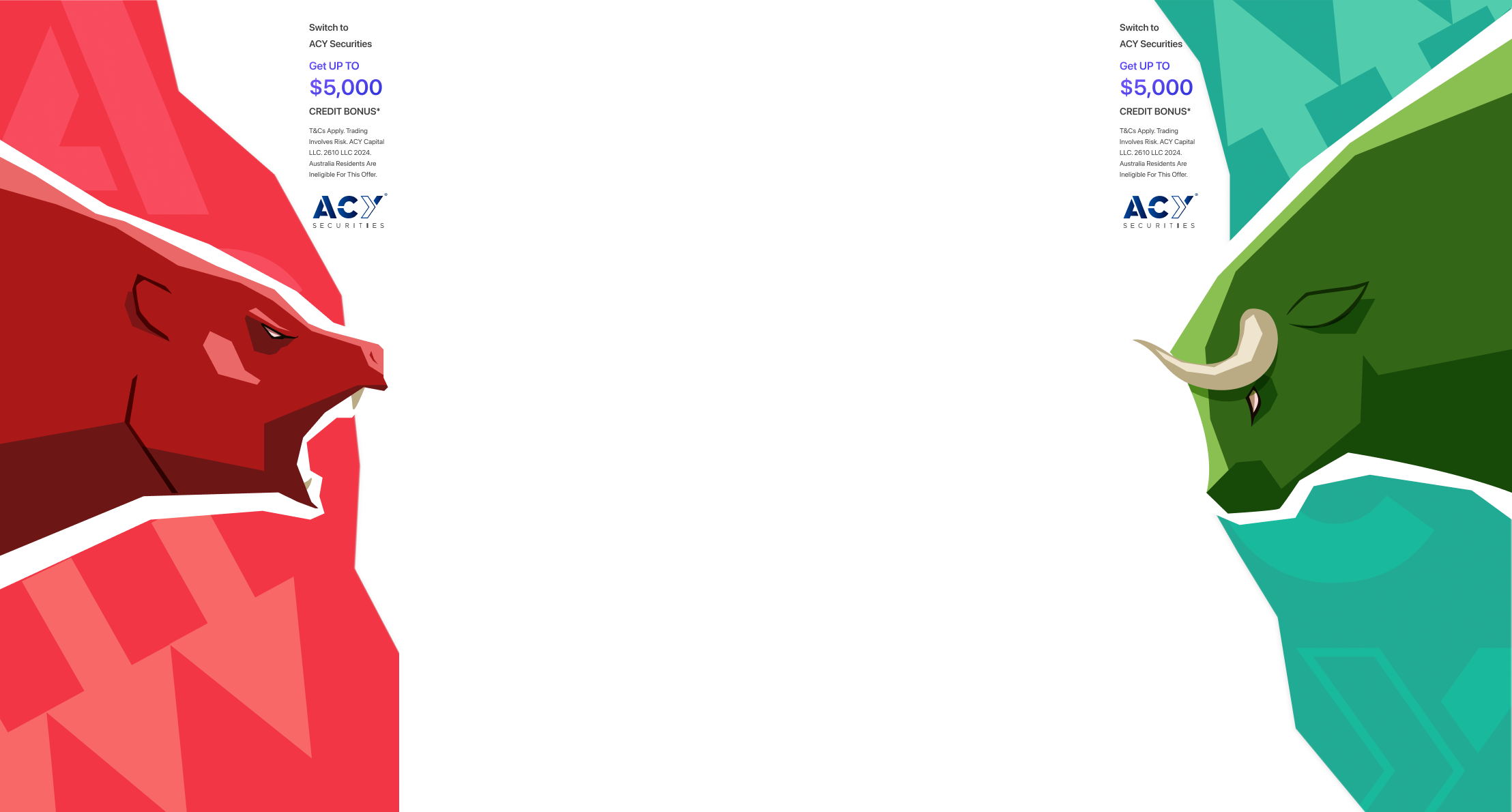Can the Fed Hike After A Pause?
Let there be no doubt, if Core Inflation remains above 4.5% over the next three months, currently at 5.5%, the next move by the Federal Reserve will be to raise rates a further 25-75 points from current levels.
There is a reason for the muted reaction of US markets to the Inflation number yesterday.
Core Inflation, the Federal Reserve’s preferred measure is now consistently well above the headline rate. 5.5% compared to 4.9%, and seems to be stabilising over recent months at these extreme elevated levels.
The Federal Reserve’s biggest fear in its entire rule book is inflation becoming entrenched at such high levels. This is because such an outcome can truly destroy an economy for a decade or more.
That headline inflation re-accelerated from 0.1% to 0.4% on the month, is also hard to look away from. Yes, inflation has moderated, but yet remains at extreme levels.
And here is the clincher as to why the next move by the Federal Reserve, after a period of pause to assess the full flow through of previous hikes, could again be to hike rates still further. Rates are still low on a historical basis. At most they are now only just neutral. The world economy has changed a lot in recent years. The period of globalisation price pressures is well behind us and a new era of inflation returning to historical averages is now upon us. So to must be the response of the Federal reserve and other central banks.
This is exactly the opposite of what the market expects, and could therefore be extremely damaging at the time when the Fed actually hikes again. For now, this is a scenario out there on the middle horizon. However, such an outcome may only be two or three Fed meetings away?
Let there be no doubt, if Core Inflation remains above 4.5% over the next three months, currently at 5.5%, the next move by the Federal Reserve will be to raise rates a further 25-75 points from current levels.
Not only would equity markets remain under considerable pressure in such a scenario, but the banking sector would come under a very worrying degree of pressure by year end. If you think the banking crisis is over, think again? It is continuing, with many banks betting their very survival that somehow depositors will stop moving funds to the big guaranteed banks, and that interest rates are going to be sharply cut by the Federal Reserve very soon.
As I have always said, this is unlikely to happen. In fact I have been very clear it is most definitely not going to happen.
Something all traders and investors need to be aware of is that historically speaking the current fed Funds Rate of 5.25% is still stimulatory. At the most dovish, the current level could be viewed as neutral. If core inflation persists, the Federal Reserve will have no choice but to continue raising interest rates until inflation is truly defeated.
Such and end game rate could still be as high as 6.25% to 6.5%.
The inflation fight is not over.
The Fed’s pause will not lead to rate cuts this year.
In an environment of a sharply slowing, at best stabilising at low levels of activity US economy, the outlook for all US assets remains truly worrisome.
Stocks, bonds, property and the Greenback could all be entering a far more entrenched down-trend than many of us currently appreciate.
With all this going on, let us hope there is not a US Debt Default? The risk of which has now risen as high as 25% in my book.
The US dollar could fall as much as 10% to 15% on such an event. Not just because of the default, but due to the background vulnerabilities already in play for the US. US Debt/GDP has risen from just 50% in 2000 to 130% now.
This does not a happy currency outcome make.
Clifford BennettACY Securities Chief Economist
The view expressed within this document are solely that of Clifford Bennett’s and do not represent the views of ACY Securities.
All commentary is on the record and may be quoted without further permission required from ACY Securities or Clifford Bennett.
This content may have been written by a third party. ACY makes no representation or warranty and assumes no liability as to the accuracy or completeness of the information provided, nor any loss arising from any investment based on a recommendation, forecast or other information supplied by any third-party. This content is information only, and does not constitute financial, investment or other advice on which you can rely.





















